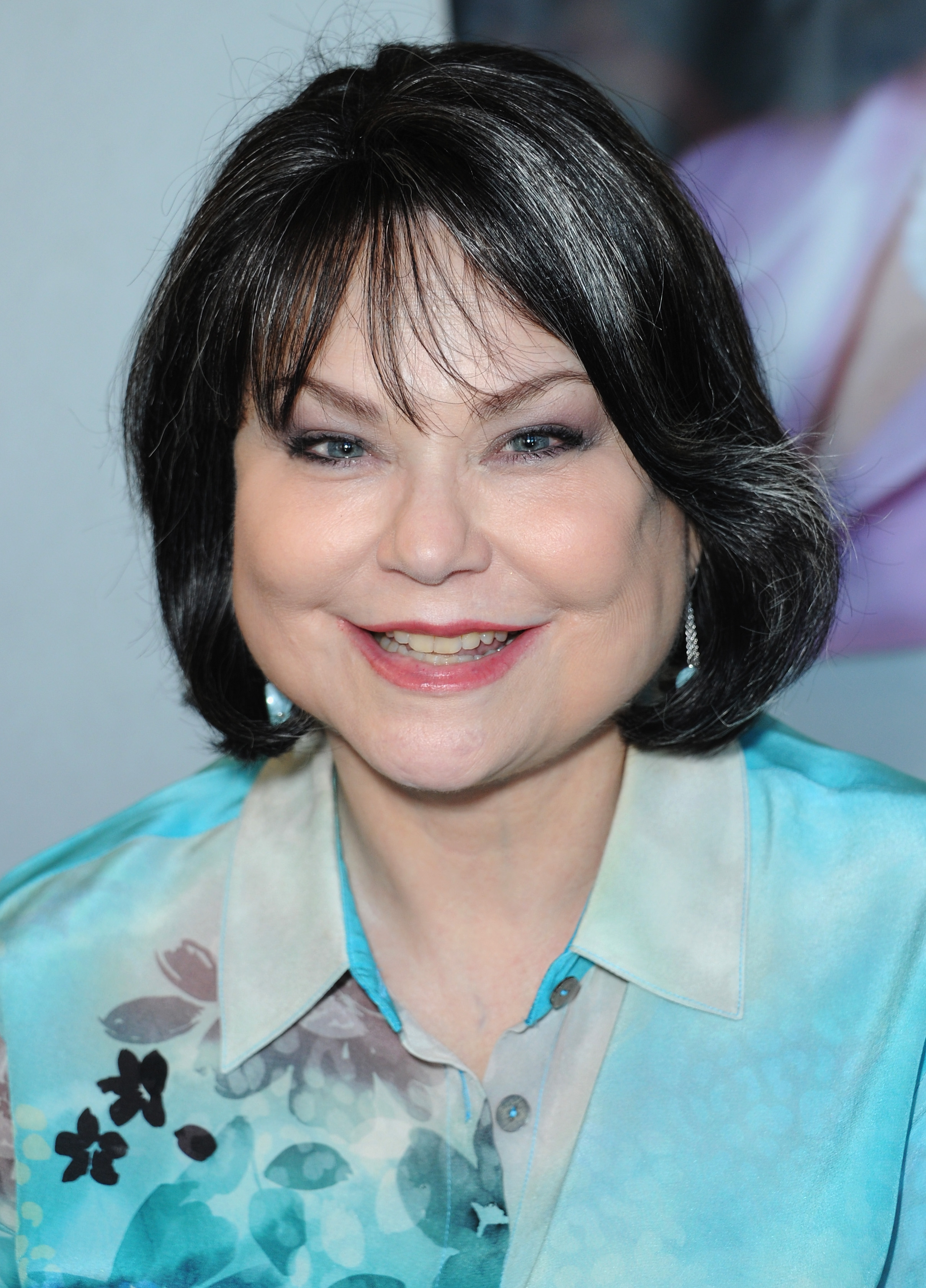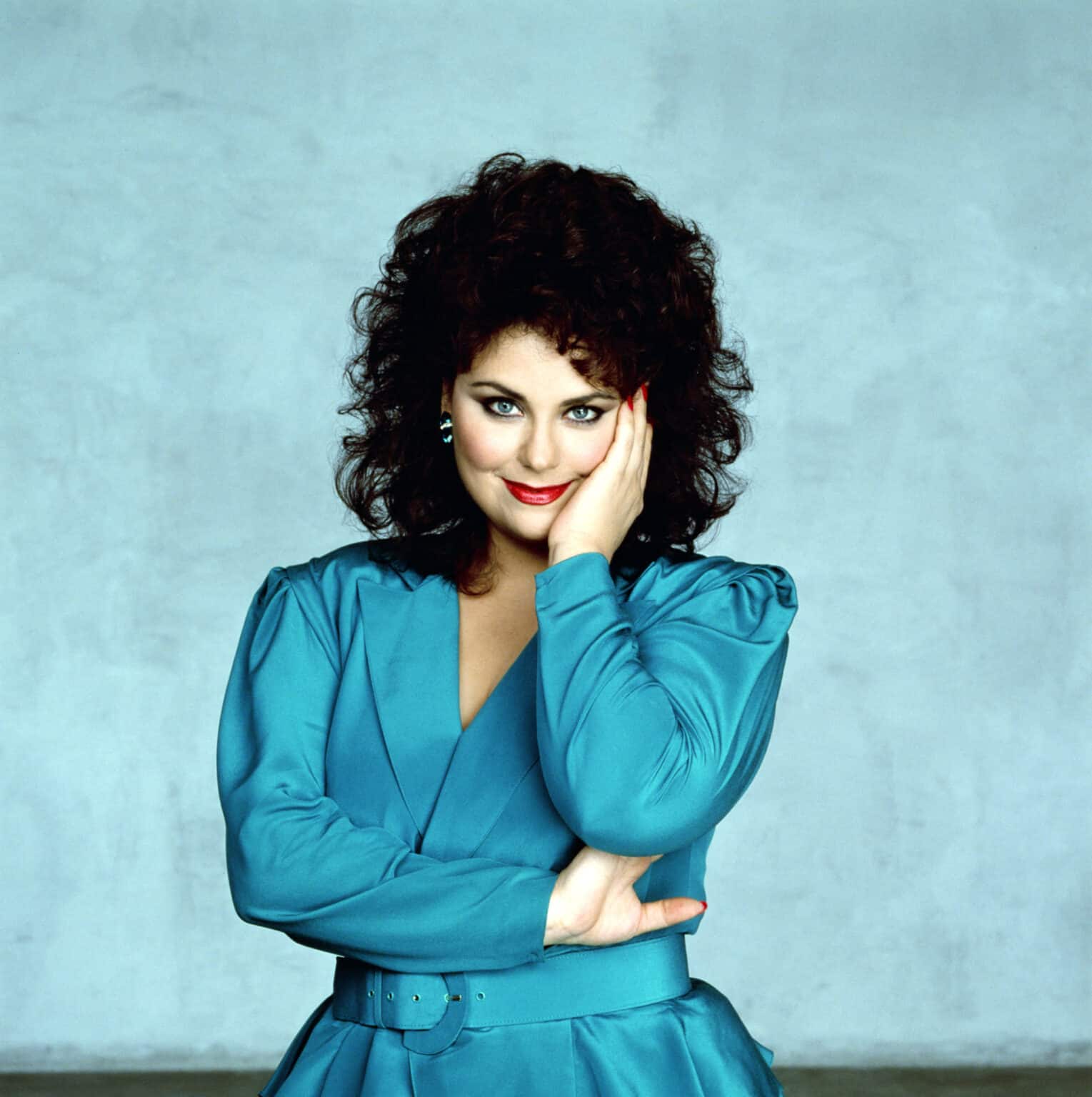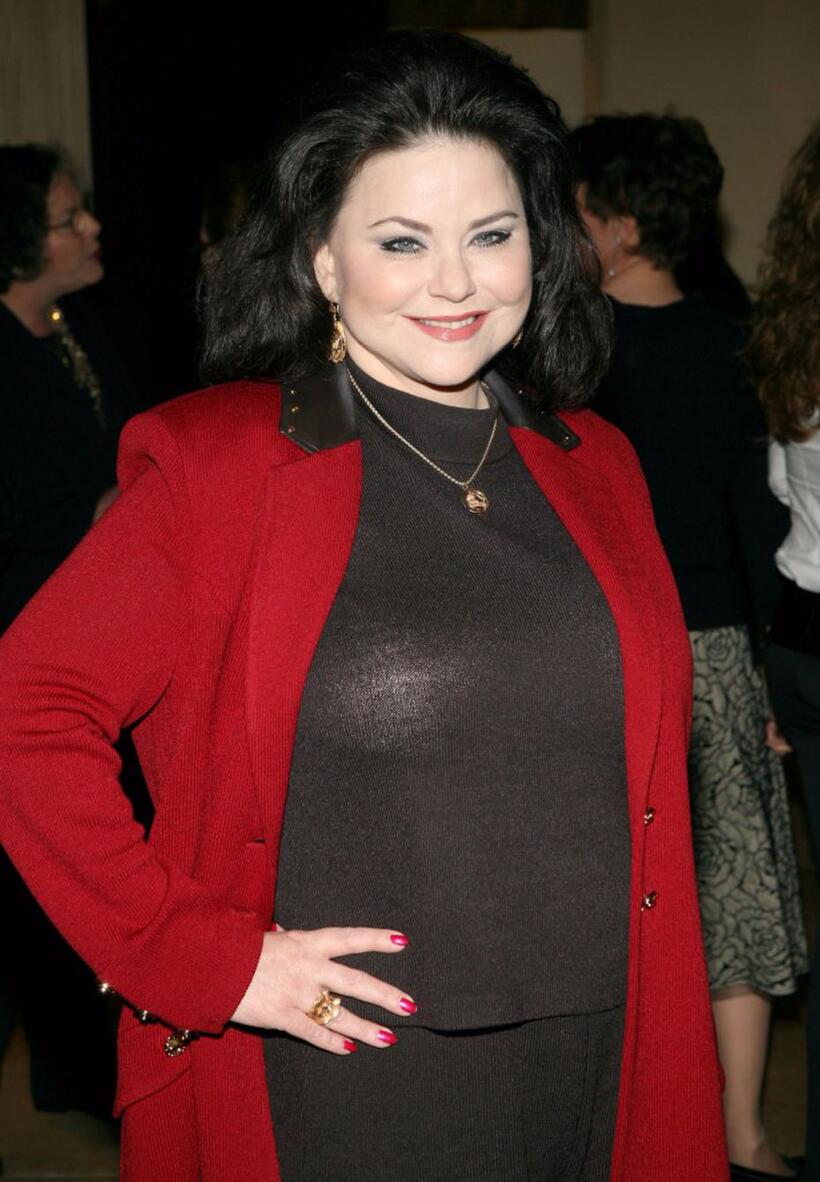For anyone who followed the television landscape during the late 1980s and early 1990s, the name Delta Burke likely brings to mind a powerful, often hilarious, presence on screen. Her portrayal of Suzanne Sugarbaker on a very popular show captured the hearts of many, yet behind the bright lights and witty lines, there was, so, quite a bit happening that the public didn't fully see. The stories that unfolded off-camera were, in some respects, as compelling as the fictional tales told on the program.
It's interesting to consider how public figures navigate the pressures that come with fame. Sometimes, what appears to be a straightforward situation is, you know, much more layered than it seems from the outside. When we look back at the experiences of someone like Delta Burke, it becomes clear that there were many elements at play, contributing to the path her career took during those years.
This discussion aims to shed a little light on some of those behind-the-scenes moments, drawing from various pieces of information that have come to be known over time. We'll explore the challenges she faced, the personal struggles that became public knowledge, and, well, the creative outlets that allowed her spirit to shine through, even when things were tough.
Table of Contents
- Delta Burke's Path to Stardom
- What Really Happened with Delta Burke's Departure?
- The Personal Struggles of Delta Burke
- How Did Relationships Affect Delta Burke's Career?
- Delta Burke - A Creative Outlet Beyond Acting
- Are There Other Stars Who Faced Similar Body Image Issues?
- The Impact of Cast Changes on a Show's Life
- Did Audience Preferences Shift After Delta Burke's Exit?
Delta Burke's Path to Stardom
Delta Burke, born in Orlando, Florida, made a name for herself in the acting world. She became a familiar face on television screens, charming audiences with her distinctive style and comedic timing. Her most recognized part was, you know, certainly as Suzanne Sugarbaker, a character who was both Southern belle and a bit of a force of nature, on a program that captured a lot of attention.
Before her time as Suzanne, Delta Burke had already built a foundation in entertainment, appearing in various television shows and beauty pageants. She even held the title of Miss Florida. This early exposure, in a way, prepared her for the spotlight, though perhaps not for all the intense scrutiny that would come with such a prominent role later on. Her journey to becoming a household name was, like, a gradual build, marked by different experiences that shaped her public persona.
Her work on the show earned her praise and, quite often, awards nominations, showing that her talent was widely recognized by those in the industry. It’s pretty clear that she had a knack for bringing characters to life, making them feel very real and relatable to the people watching at home. This period was, in many ways, a high point in her professional life, drawing a lot of positive attention to her abilities as an actress.
Personal Details and Bio Data of Delta Burke
| Full Name | Delta Ramona Leah Burke |
| Date of Birth | July 30, 1956 |
| Place of Birth | Orlando, Florida, USA |
| Occupation | Actress, Producer, Author |
| Known For | Suzanne Sugarbaker in "Designing Women" |
| Spouse | Gerald McRaney |
What Really Happened with Delta Burke's Departure?
The story of Delta Burke's departure from her popular television show is, well, something that has been talked about for a very long time. It wasn't just one thing, apparently, that led to her leaving the program. There were several different aspects that played into the situation, and her weight gain, while certainly a visible topic of conversation at the time, was only a piece of the bigger picture. It seems that the pressures of being in the public eye, where every change in appearance is noticed and commented on, added a lot to the already difficult circumstances.
The decision for her to exit the show was, in some respects, a complicated one, with various factors contributing to the outcome. It wasn't simply a matter of performance or one isolated event. There were, you know, conversations and disagreements behind the scenes that, over time, created an environment where her continued presence on the program became unsustainable. This kind of situation can be very hard for anyone, especially when it's happening in such a public way, with so many eyes watching and forming opinions.
It's almost as if the public perception of her weight became a symbol for deeper, more intricate issues that were unfolding away from the cameras. People often look for a simple explanation, but life, and particularly life in the entertainment business, is rarely that straightforward. The circumstances surrounding her exit were, in a way, a mix of personal challenges and professional disagreements, all playing out under the bright lights of Hollywood scrutiny.
The Personal Struggles of Delta Burke
In a very candid interview, Delta Burke opened up about some truly personal struggles, including her use of a particular substance to manage her weight. This revelation, coming after decades of silence, shed a lot of light on the intense pressure she felt to maintain a certain image in the entertainment world. It shows just how far someone might go when facing such public scrutiny and, you know, the demands of an industry that often prioritizes appearance above all else.
Her decision to speak out after so many years was, in some respects, a powerful moment. It takes a lot of courage to share such intimate details, especially when they involve a period of great difficulty and public fallout. The term "ugly exit" was used to describe her departure from the show, and her own words confirm that the experience was, basically, quite painful and left a lasting impression on her life and career. It's a reminder that even those who seem to have it all can be going through very tough times behind the scenes.
This openness about her past, including the challenges with weight and the methods she used to try and control it, offers a more complete look at the person behind the character. It helps people to, sort of, understand the immense pressures that performers can face, and how those pressures can sometimes lead to very difficult choices. Her story is, in a way, a testament to the resilience it takes to come through such experiences and eventually share them with the world.
How Did Relationships Affect Delta Burke's Career?
Personal relationships can, basically, have a significant impact on one's professional life, and this was, apparently, true for Delta Burke. Her husband, it seems, took on a more active part in her career matters. This kind of involvement, while sometimes supportive, can also, you know, introduce new dynamics into existing professional arrangements. When a partner becomes deeply involved in career decisions, it can sometimes shift the balance of power or create new points of friction with producers or fellow cast members.
Beyond the influence of family, there were also, you know, reports of personality differences with other cast members. It's not uncommon for people working closely together for long hours to experience disagreements. In the case of Delta Burke, it was mentioned that she and a fellow actress, Dixie, didn't always see eye to eye. These kinds of situations, where strong personalities meet, can often lead to what some might call a "clash of egos." It's just a part of working in any intense, creative environment, where everyone has their own way of doing things and their own vision.
The environment on a set can become very strained when there are ongoing personal tensions. These kinds of issues, even if they seem small at first, can, in a way, build up over time and affect the overall atmosphere. It's a tricky balance to maintain, especially when you're expected to perform together as a cohesive unit while dealing with personal friction. So, it's pretty clear that these interpersonal dynamics played a role in the broader context of her time on the show and her eventual departure.
Delta Burke - A Creative Outlet Beyond Acting
Away from the acting roles and the pressures of television, Delta Burke found a different way to express herself. She had, you know, a line of clothing that was sold on QVC, which was, apparently, quite popular. It was called "Signatures by Delta Burke," and it was known for being, well, a little bit on the fun and expressive side. This venture allowed her to connect with people in a different capacity, offering items that reflected her personal taste and sense of style.
What's really neat about this clothing line is that some of the ideas for the designs actually came from little drawings or "doodles" she would make on her scripts. This shows a very personal touch, doesn't it? It's like she was taking her creative energy from one area and, in a way, channeling it into another. This kind of hands-on involvement makes the clothing line feel much more authentic and connected to her as a person, rather than just a celebrity endorsement.
Having this kind of creative outlet, especially during times of public scrutiny or professional difficulty, can be incredibly important. It provides a space where one can have more control and express themselves freely, without the same kind of pressures that come with acting roles. It's a way to, sort of, keep the creative juices flowing and maintain a connection with fans who appreciate her for more than just her on-screen characters. So, this QVC line was, in some respects, a bright spot, showing a different side of Delta Burke's talents.
Are There Other Stars Who Faced Similar Body Image Issues?
It's interesting to consider that Delta Burke wasn't the only public figure whose physical appearance became a topic of discussion in the media. There are, you know, other instances where actors experienced noticeable changes in their bodies, and those changes became part of their public narrative. Take, for example, Jonathan Frakes, who played a popular character on a science fiction show. He's been, basically, compared to Delta Burke in this regard, in a way, because of his own physical transformation during his time on television.
He started out looking quite trim and clean-shaven, but over the years, his appearance changed, and he gained a fair bit of weight. This meant that the costume department on his show had to, quite literally, keep making adjustments to his uniforms to accommodate these changes. It's a practical challenge for the people working behind the scenes, but it also highlights how visible and commented-upon such changes can be for someone in the public eye. So, in some respects, his experience mirrors some of the challenges faced by Delta Burke.
This pattern shows that the entertainment industry, you know, often places a very strong emphasis on physical appearance, and any deviation from a perceived ideal can become a talking point. It's a pressure that many actors face, regardless of their gender or the type of show they are on. The public, too, can be very quick to notice and comment on these kinds of transformations, adding another layer of scrutiny to an already demanding profession. It's a reminder that these issues are, apparently, not isolated incidents but rather a common thread in the lives of those in the spotlight.
The Impact of Cast Changes on a Show's Life
When a popular television show experiences changes in its main cast, it can, you know, really shake things up for both the production and the audience. The departure of key actors can create a significant void, altering the dynamic that viewers have come to appreciate. In the case of Delta Burke, her leaving, along with another talented actress, Jean Smart, was, basically, seen as a very big loss by many who followed the program. Even with new performers joining the cast, such as Julia Duffy and Jan Hooks, there's a certain magic that can be hard to replicate once original members move on.
It's a common sentiment among viewers that the initial chemistry and interactions among the original cast members are, in a way, what truly made a show special. When those elements change, it requires the audience to adjust, and sometimes that adjustment is, you know, quite difficult. The show might continue, and new actors might bring their own talents, but the feeling for some viewers just isn't quite the same. This highlights how much audiences connect with the people playing the roles, almost as if they are part of their own extended family.
This kind of shift can also create, you know, interesting dynamics behind the scenes. One might, for instance, wonder about the feelings that could arise among cast members when changes happen. There's a general observation that sometimes, when new people join a group, or when some members leave, there can be, well, feelings of resentment or jealousy directed towards those who remain or those who are new, especially from those who were part of an earlier configuration but didn't stay. It's just a part of human nature, perhaps, when situations change in a big way within a close-knit professional setting.
Did Audience Preferences Shift After Delta Burke's Exit?
The departure of a beloved character can, you know, definitely influence how an audience feels about a show. It’s like, when a key ingredient is removed from a favorite recipe, the flavor just isn't quite the same for some people. For many years after Delta Burke left her popular program, some viewers found their preferences shifting. It's interesting to look back and realize, for example, that a character like Mary Jo, who was part of the remaining cast, might not have resonated with everyone in the same way once the original dynamic was gone.
This kind of shift in audience sentiment is, in some respects, very common in the world of long-running television series. People become attached to specific characters and the unique interplay among them. When that interplay changes, either through an actor leaving or new actors joining, it can alter the viewing experience significantly. It's not necessarily a reflection on the new actors or characters themselves, but rather on the disruption of a familiar and cherished ensemble.
So, it seems that for some viewers, the show, while still continuing, didn't hold the same appeal after the changes. It's a subtle but important point about how deeply audiences connect with the cast. The feeling of not caring for a character as much, years later, can be a quiet indicator of how much the original chemistry, with people like Delta Burke, truly contributed to the show's initial charm and enduring appeal for its early followers.


